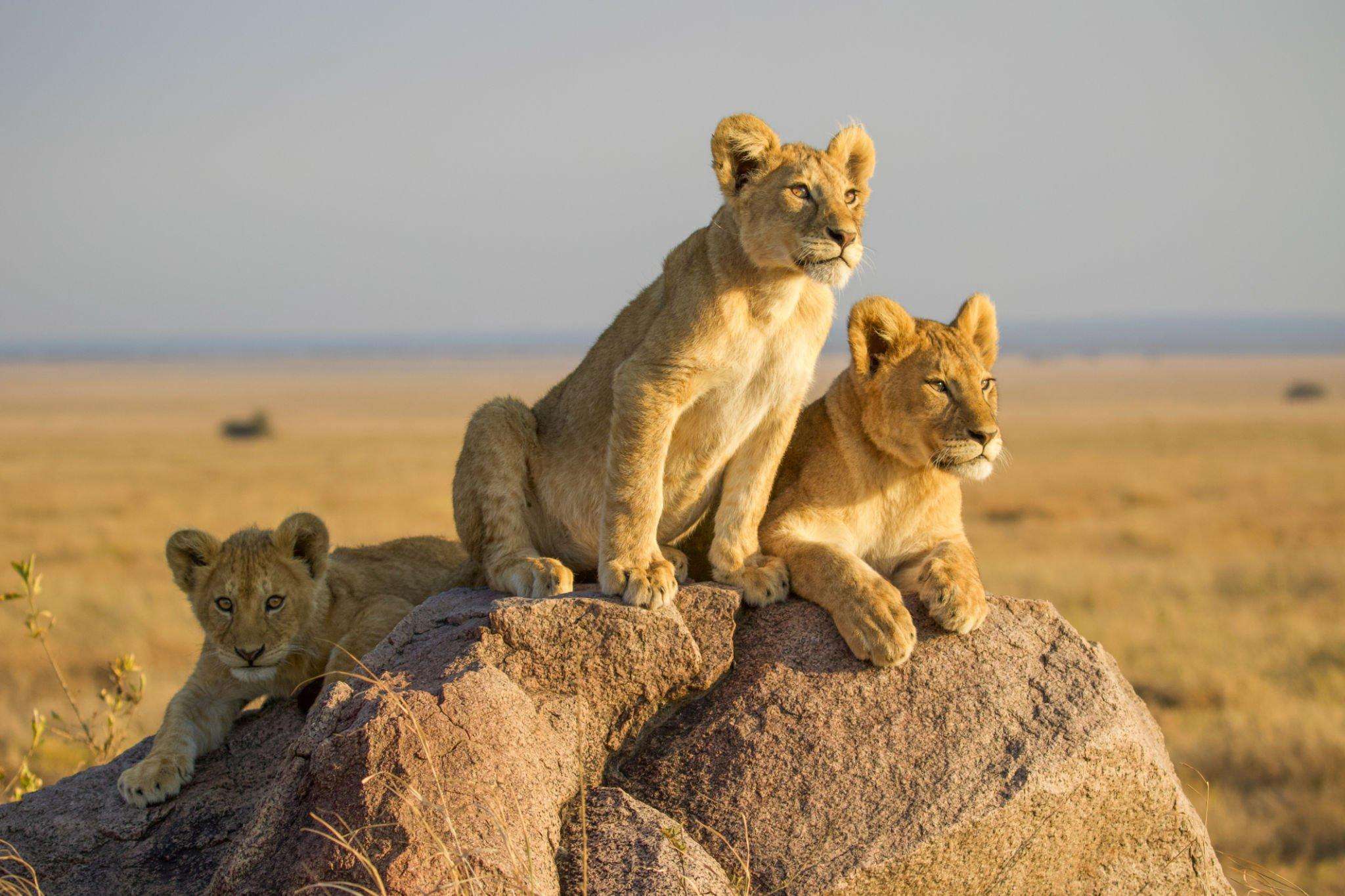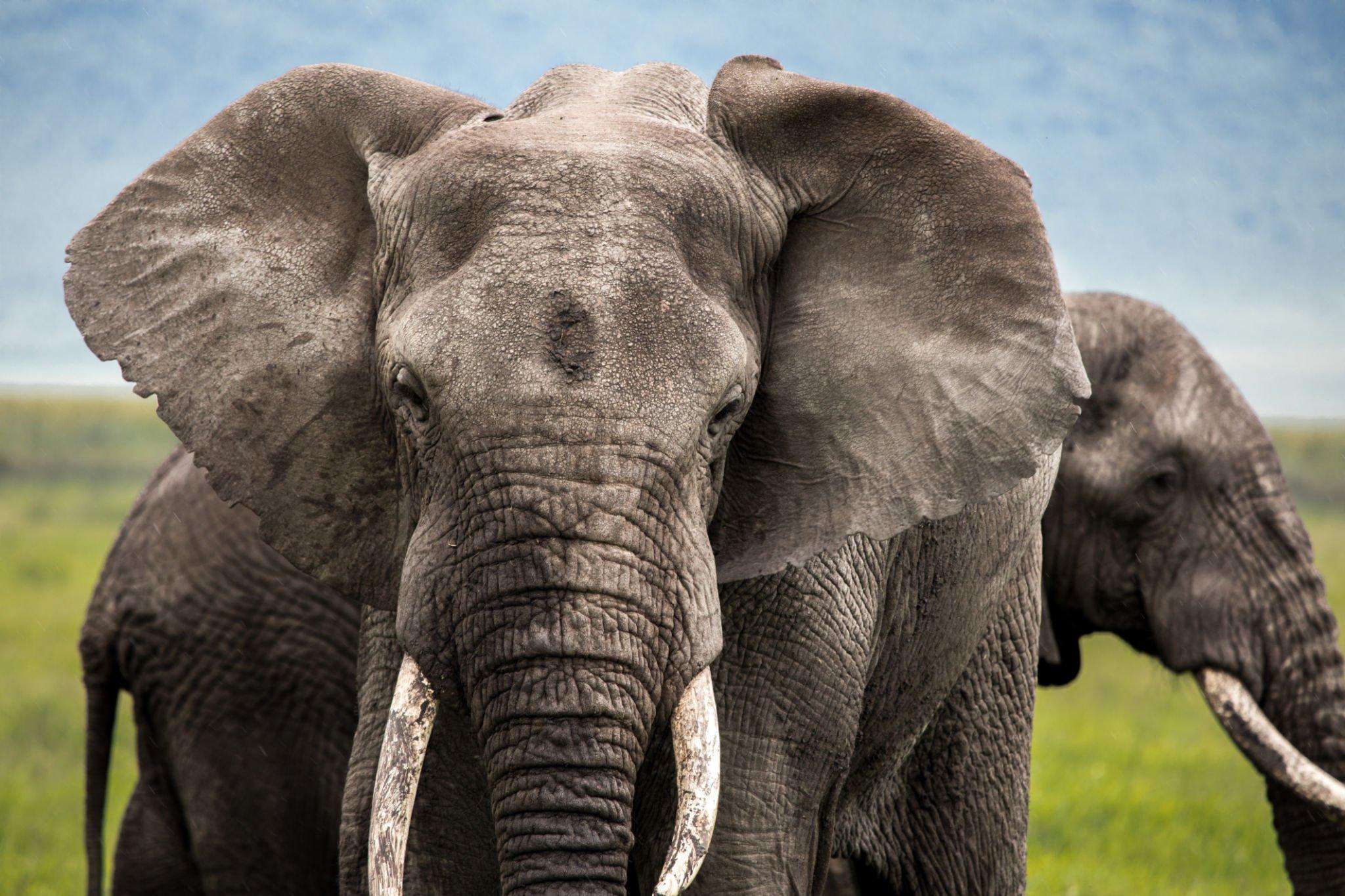- Home
- Safaris
- Volunteering
- Responsible Trips
- Faq’s
- Cost of Tanzania Safari
- Is it Safe to Visit Tanzania?
- When to Visit Tanzania
- How to book a Tanzania Safari?
- Vaccinations for Tanzania safari
- Booking Flights
- Sustainable Travel in Tanzania
- Why Travel to Tanzania?
- Meals during a Tanzania safaris
- Tanzania Visa Information
- Responsible Travel in Tanzania
- Toilets on Safari
- Recommended duration for a safari in Tanzania
- What to wear during a Tanzania Safari
- Information About Tipping during Tanzania safari
- Which is the cheapest safari?
- About us
- Contact
- Share a Home with us
General questions
A Tanzania safari is an incredible wildlife adventure in the diverse and picturesque landscapes of Tanzania. You can expect to see a wide variety of wildlife, including elephants, lions, zebras, giraffes, hippos, wildebeests, cheetahs, and many more. Tanzania is also home to the famous Serengeti National Park and the Ngorongoro Crater, offering breathtaking views and an abundance of wildlife.
The best time to go on a Tanzania safari depends on your preferences and what you want to experience. The dry season, from late June to October, is popular for wildlife viewing as animals gather around water sources. The wet season, from November to May, offers lush landscapes, migratory bird sightings, and the calving season in the Serengeti, which attracts predators.
The duration of a Tanzania safari can vary depending on your interests and budget. Many safaris range from 4 to 10 days, but it is recommended to plan at least 7-10 days to fully immerse yourself in the diverse wildlife and landscapes of Tanzania.
Tanzania boasts several remarkable national parks and reserves. Some of the top ones include Serengeti National Park, Ngorongoro Crater Conservation Area, Tarangire National Park, Lake Manyara National Park, and the Selous Game Reserve. Each park offers unique ecosystems and wildlife viewing opportunities.
Tanzania is renowned for its abundant wildlife. During your safari, you can expect to encounter the famous African Big Five: lions, elephants, buffaloes, leopards, and rhinoceros (either black or white). Additionally, you’ll have the chance to see zebras, giraffes, hippos, wildebeests, cheetahs, hyenas, crocodiles, and an array of colorful bird species.


Other questions
Tanzania is generally considered safe for tourists, and safaris are conducted by experienced guides who prioritize your safety. However, it is important to follow their instructions, adhere to park regulations, and take necessary precautions to ensure a safe and enjoyable experience.
Tanzania offers a range of accommodation options for safari-goers, catering to different budgets and preferences. You can choose from luxury lodges, tented camps, mobile camps, and budget-friendly campsites. These accommodations often provide comfortable amenities, dining facilities, and an immersive wildlife experience.
Tanzania is well-connected internationally, with major airports in cities like Dar es Salaam and Kilimanjaro. Many international airlines operate flights to these airports. Once in Tanzania, domestic flights or overland transfers can take you to the starting point of your safari.
The visa requirements for Tanzania vary depending on your nationality. Many visitors can obtain a visa upon arrival, while others may need to apply in advance. It is advisable to check with the Tanzanian embassy or consulate in your country for the most up-to-date visa information.
Yes, certain vaccinations are recommended before visiting Tanzania. These may include vaccinations for yellow fever, typhoid, hepatitis A and B, tetanus, and measles. It is advisable to consult with a travel health specialist
